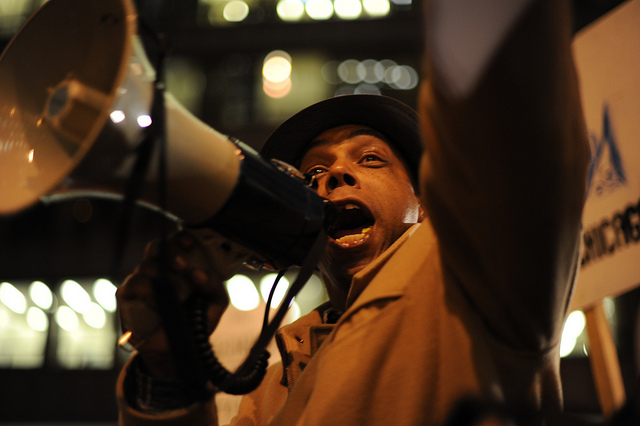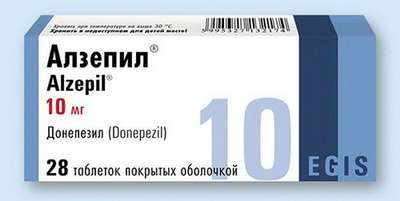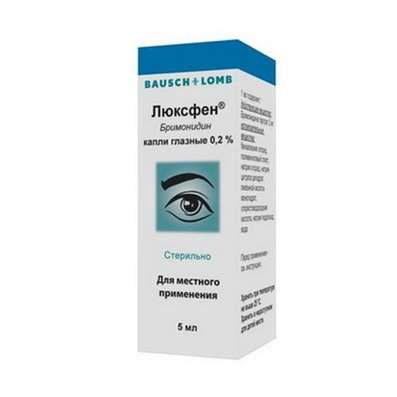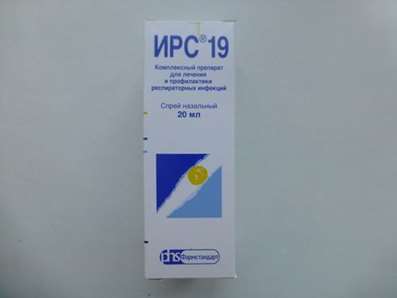FAQ: Rhetorical hand
13 Dec 2016
7 facts about the ability to think correctly

When people talk about the rhetoric, they usually have in mind two things. First, the rhetoric is often called empty speaking. They say it is, they say, "just rhetoric, it is just empty words." Another idea that is kind of outdated skills, which was used by people who did not know writing and need technology conviction of someone for something. "We're already like living in an era of rationality, writing and even publishing, in an age when we can read scientists book, we say such rhetoric as it is not needed. To improve rhetorical, mental and language ability – buy Cogitum, Picamilon, Cortexin, Semax, Piracetam, Phenotropil.
- 1.Rhetoric and there was, indeed, in the preliterate era, and we know the first monuments of antiquity, where for the first time used the word "she", but the truth is not in a known form of "rhetorician", and in the form of "reter". This is stated in the "Iliad" of Achilles, beautiful as it becomes clear at the end of the poem, the speaker.
- It's an amazing thing - the first mention of oratory in the world literature contains a rolled up all his fate. And something tells us about the main property of rhetoric: it requires not so much to say on certain rules, how to think correctly. Thinking so that what you thought in the first place, it was clear and convincing to yourself, and, secondly, clearly and convincingly to your interlocutor.
- The seminal treatise on rhetoric, who has written nearly two thousand years ago, Aristotle, we find that the rhetoric need not to convince someone of something, and so that in each case to find possible ways of persuasion . Aristotle likens the rhetoric art of the doctor, whose task is not to make everyone healthy and to get closer to this goal, or, more often, alleviate suffering. This path is not a short, but the beginning of it is available and the child.
They say something simple, like the five fingers. Yes, this is our rhetorical hand. Let's look at it and understand how to build it. - 2.The first finger rhetorical hand or universal manual - is to find a theme (inventio in Latin or Greek "evresis", from which the famous "Eureka!" -. "I found it!"). This - the first step. We need to see the subject of the future of speech in its entirety and integrity, in order to start on about it to talk in detail. Whatever he said, he had throughout his speech, and remember that a whole, and to be attentive to detail. It is equally important for the poet and lawyer, on the credibility of the speech which the jury and judges in a democratic country can depend on the fate of man. Finding - is speaking in military terms - the strategy of the speaker.
- 3.The second finger rhetorical hand is responsible for the order of speech, taxis. We know the word "tactics" - the order of battle, or disposition, dispositio, location. Before you start to talk, we need to know what we had finished, and the location of the parts to be weighed in advance - not only for reasons of representation of the whole, but also how it will look in time. Even the short length of it, and the student should see the end of the speech exactly what he wants to show. Pave the way for this purpose - the problem of the second finger "rhetorical hand."
- 4.The third finger - a choice of words, or elocution. There's a logical and philosophical square: four points. First the Greeks called the "right", "good Greek" Romans - "good Latin," for us it is the competent Russian. The second point - it is clear. Sometimes you need to break the rule of clarity. The third point - it's relevance. There are things which are inappropriate to describe, for example, elevated vocabulary. And there are those for whom it is inappropriate reduced. Finally, the fourth point - Jewelry speech. It happens, and "negative", when necessary, for example, it is extremely dry, but it is also, in fact, decorated only in a special way. And now we have obtained four points: pulled in one - impoverished others. The ability to weigh when choosing the road between these four points, and is what in common parlance is called command of the language, vocabulary. Lexicon man, as we have seen, is not an abstract category, but a very specific skill that can be trained. Try for each friend you choose the words least two or three synonymous, even partial, of different language registers - the eyes and the eyes, and mirrors of the soul, enormous eyes and eyes - that they hatched to us, illuminating us with its rays shone with tears. And such examples as much as the things around us. Third rhetorical finger requires each of us most of the time and effort.
- 5.The fourth finger is called memory, or memoria. The goal is to remember the first three steps - finding themes, planning a speech and writing with appropriate words. A good speaker is not very well say his speech by heart. Instead, he could invite more artistically gifted man, gave him the text, he would have said. No, he should say, in accordance with those to whom he refers. But including your memory, too. After the memory - it is a complex idea of the past, emerging only when most of the past no longer exists. And your audience - here they are.
- 6.Word to the fifth finger, which completes the representation of the ancient rhetorical hand, we all know very well. Everyone watching a movie, know the term - Action. The main thing in the speech where and when we said it. Many will say: "Today, there are many specialists in speech speechwriters image-makers - all of these people can do wiseacre of any person.". But in reality, the meaning of the rhetoric that we each fills its own rhetorical hand. I can be more weak speaker than anyone else, but I say just what he thought out, exactly what gathered in different places, unable to process in their head, poured into it and address it to another person to take him by the hand and lead to where I want it to lead.
- 7.Rhetorical hand is needed, therefore, and to grasp ideas, and companion guide. Of course, if it's too much, that man had built it on all these rules, it is impossible to recognize successful. The meaning of persuasive speech is that it looks spontaneous. This listener comes to the right speaker output. Convincing output should all present, on the one hand, seem logically from what has been said before, but on the other hand, appear off the cuff. An unexpected effect of the preparation is achieved. There are two famous speeches of US presidents in Berlin. One speech was June 26, 1963 JF Kennedy, when he said in German about yourself "Ich bin ein Berliner", which no one did not expect from him, and now remember all. Another speech was delivered June 12, 1987, Ronald Reagan, after several meetings with Mikhail Gorbachev, when the US president called the last leader of the Soviet Union to take down the Berlin Wall. "Mr. Gorbachev, tear down this wall!" By this time, of course, the US president knew that the USSR would not interfere with the demolition of walls. But he succeeded rhetorically formulate the next step in the political game as their own initiative. One phrase has remained in the memory of people impulse of great historical change. Quite interesting, that, apparently, the most eminent orator of the American presidents of the last decades, Barack Obama, speaking in the summer of 2013 at the Brandenburg Gate in Berlin and without having, apparently, a new comparable message that could inspire Berliners simply encrusted his speech with quotes from his famous predecessors. But even so, he also outlined the problem, gave his audience something to think about the future.

 Cart
Cart





